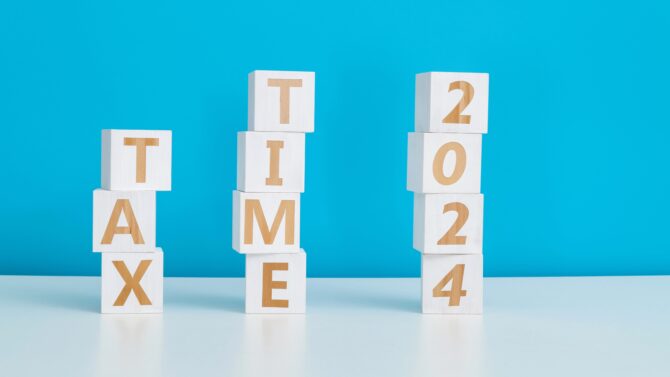
I joined ML&R Wealth Management in April of 2020. Since then, the questions I have heard most often from our clients are: “How much liquid cash should I have?” and “Where should I save my cash to minimize the effects of inflation?”
With interest rates at historic lows and inflation rates nearing 5%, it’s no wonder investors are asking these questions. While the answers are complex and contingent on each client’s financial circumstance, we wanted to offer some thoughts that might help you formulate an answer if you too are wondering how to efficiently manage your cash savings.
Emergency Savings and Short-Term Expenses
As a rule of thumb, we recommend that working clients hold 3 to 6 months’ worth of living expenses in cash as emergency savings. Having at least 3 months’ worth of living expenses in savings will enable you to weather unexpected situations with more ease. If you are retired and taking distributions from your portfolio, we advise that you hold at least 12 months’ worth of distributions in cash. Adequate emergency savings minimize the need to sell investments unexpectedly and at a time that could negatively impact your portfolio returns.
In addition to emergency savings, we advise that clients hold sufficient cash to finance any sizable expenditures they anticipate for the next few years. These can be anything from private investments to buying a new home. You should always inform your advisor of major forthcoming projects that may impact your financial plan so they can help you strategize to generate the necessary funds.
The Emotional Conundrum
Once you have defined your ideal emergency savings and major upcoming expenses, we invite you to consider your emotions. How much cash will make you feel comfortable? How confident do you feel about the stability of your current income? How do you feel about current market conditions? What unique circumstances may impact your cash needs? The amount of cash you hold should be enough to give you peace of mind. As financial advisors, we recognize that the amount will vary from investor to investor, and it may also change from year to year. No amount of cash is too much if it makes you feel at ease.
Consider the Opportunity Cost
While maintaining a sizeable amount of cash in your portfolio has its advantages, there is an opportunity cost to savings. Particularly in today’s low-interest-rate environment, every dollar you hold in cash could potentially earn higher returns if invested in a different asset class. In March of 2020, the U.S. Federal Reserve reduced interest rates from about 1.5%-1.75% to near zero as a response to the financial uncertainty resulting from the COVID-19 outbreak. Since then, interest rates have remained at historic lows. As a matter of fact, the Federal Reserve announced in June that it would keep interest rates low and that we should not expect a rate hike until 2023. Meanwhile, the cumulative return of the S&P 500 from March of 2020 to May of 2021 was 45.36%. If you were holding on to too much cash during that time, you might have missed out on significant investment gains.
Regarding Inflation Risk
Inflation risk is the risk that inflation will undermine the growth of your investments by reducing their purchasing power. The latest data from the U.S. Federal Reserve indicates that the current rate of inflation in the United States is 4.99%. This means that your investments must yield a return higher than 4.99% to actually grow. Given today’s low-interest rates, it is unlikely that you will be able to earn over 4.99% on cash (or even fixed income). However, we’re here to help you build a diversified investment portfolio that allows you to grow your assets while leaving an adequate amount of cash at your disposal.
Where to Hold Your Cash
The most important factor to consider when asking the question, “How much liquid cash should I have?” is accessibility. After all, the purpose of emergency savings is that it be easily available in the event of an emergency. While you may choose to hold cash in your existing savings or checking account, we encourage you to consider opening an online high-yield savings account to maximize your returns. Online banks such as Ally, Citi, and Marcus by Goldman Sachs have online savings accounts currently yielding 0.50% annually. This is significantly higher than the current national average rate for savings accounts of 0.06%.
Other options that you might want to consider are money market funds, short-term bond funds, and laddered bond portfolios. Reach out to us for more insight about these options. Your investment advisor will help you make a customized plan depending on your unique financial situation, helping you keep that much-needed peace of mind and answering the question, “How much liquid cash should I have?”



